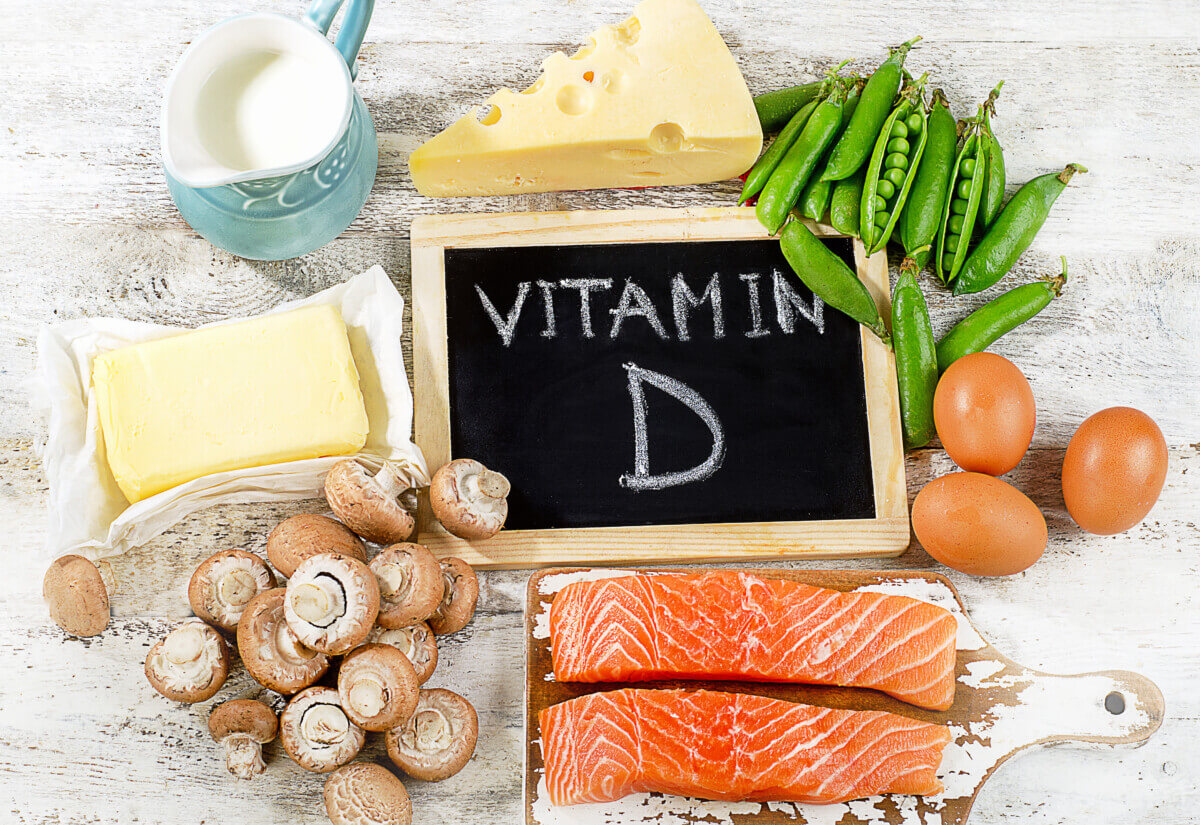
(© Leigh Prather - stock.adobe.com)
CHICAGO — Millions all over the globe are looking for new ways to protect themselves from the coronavirus. On that note, a new study suggests that everyone should be sure to maintain a healthy level of vitamin D within their body.
More specifically, researchers from the University of Chicago Medical Center note an association between vitamin D deficiency and an increased risk of contracting COVID-19.
“Vitamin D is important to the function of the immune system and vitamin D supplements have previously been shown to lower the risk of viral respiratory tract infections,” says lead study author Dr. David Meltzer, Chief of Hospital Medicine at UChicago Medicine, in a university release. “Our statistical analysis suggests this may be true for the COVID-19 infection.”
Nearly twice the risk for patients with vitamin D deficiency
The study's authors analyzed 489 patients who had been treated by UChicago Medicine over the past year before also being tested for COVID-19. Over the course of their treatment, all of those individuals had their vitamin D levels measured at some point.
Patients showing a vitamin D deficiency (< 20ng/ml) that was never taken care of were found to be nearly twice as likely than other patients to test positive for COVID-19.
Vitamin D deficiency is a more widespread issue than many assume. Estimates show that roughy half of all Americans don't get enough of the vitamin. Moreover, deficiency rates are even higher among African American and Hispanic communities. Also, people living in urban regions prone to cold weather (Chicago, for example) also tend to lack proper vitamin D levels.
“Understanding whether treating Vitamin D deficiency changes COVID-19 risk could be of great importance locally, nationally and globally,” Dr. Meltzer adds. “Vitamin D is inexpensive, generally very safe to take, and can be widely scaled.”
Ultimately, the study's authors say that more Covid research and experiments are necessary to understand the full relationship between vitamin D and the coronavirus. Still, in the meantime, it probably isn't a bad idea to eat some extra mushrooms or salmon.
The study is published in JAMA Network Open.
[fb_follow /]











I would like to know which vegetables are recommended for best nivel vitamin D. Thsnjs you
My son and I are African Americans, and we have been taking Cod Liver Oil pills for years, and we both get plenty of sun. Will this help our vitamin D count?
My son and I are African Americans, and we take Cod Liver Oil pills. We both get plenty of sun. Does this help our vitamin D count?